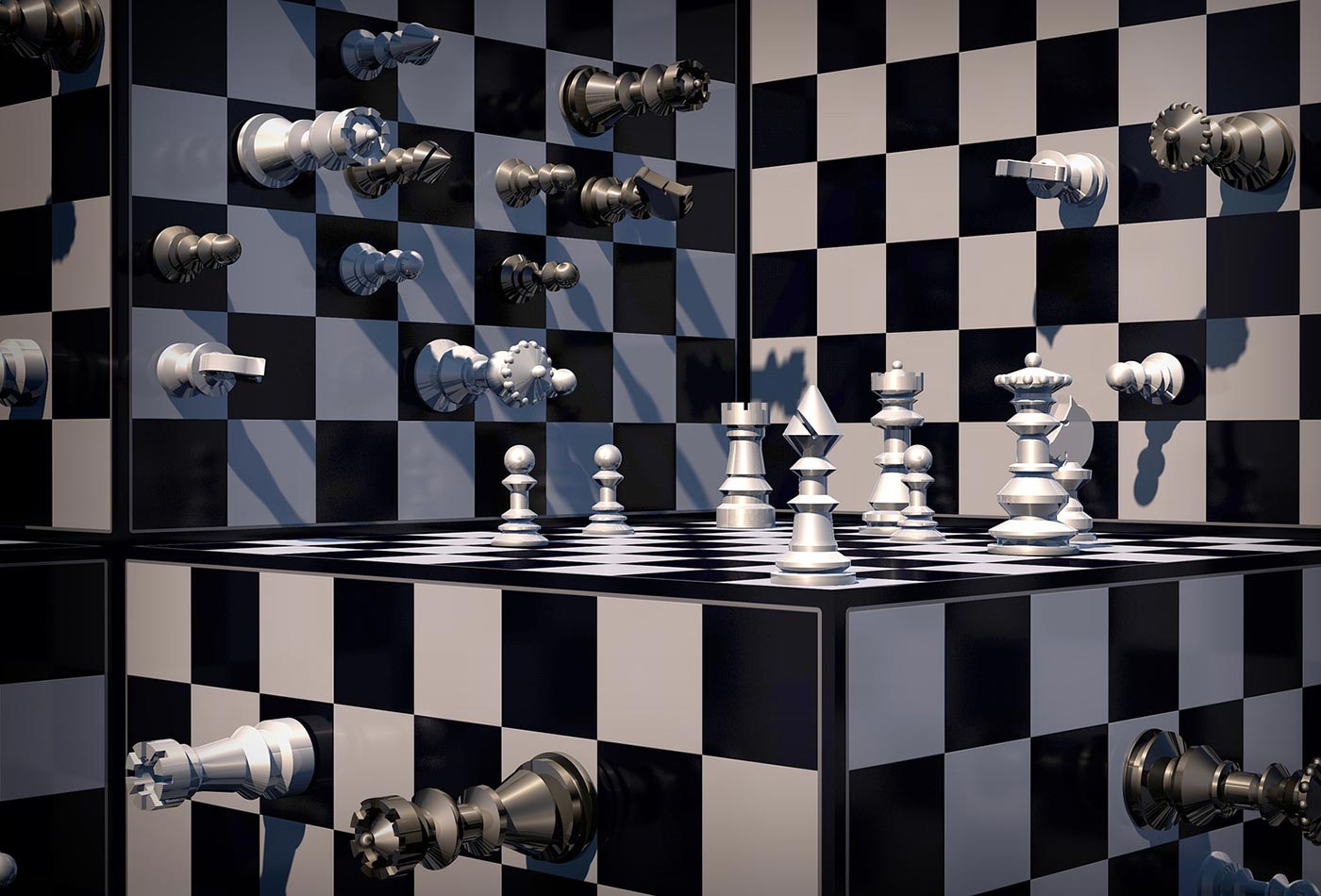Can AI create a new game? A challenge.
Since AI's most amazing advances have been in playing games, it seems fitting that the creative challenge should involve creating games.
 Chess (source: Pixabay)
Chess (source: Pixabay)
Here’s a challenge for researchers in artificial intelligence and machine learning: build an application that can invent a new game that’s as interesting as Chess or Go. If nothing else, that gets you some serious Turing cred. (Only hours after writing this, I read about an AI called Angelina that creates new video games. There goes my assumption that this is completely new territory. It looks like a small research community is working on AI game development, though it’s focused on video games.)
What do I mean by “interesting”? Tic-Tac-Toe wouldn’t qualify, though Hyperspace Tic-Tac-Toe might. Checkers or Othello would be good enough. So would khet, just to list a game that was invented in the current millenium. Card games, such as Poker, are certainly in scope. I’ll let video games in, even though I have a preference for games played by two or more people. I’d exclude obvious variations of existing games; both Chess and Go have a long history of variant forms, created by changing one or more rules. I want to see artificial intelligence create something completely, shockingly new.
In practice, defining “interesting” might be the human heart of the problem. If you’ve ever tried designing a game, you’ve probably run up against a basic problem: it’s easy to design games that degenerate quickly. Games turn one-sided very early on, or the game turns into an obvious draw. Creating a game that isn’t trivial isn’t trivial; it’s a delicate balance of forces. What makes it interesting or exciting, what keeps the competitors in a tenuous balance? What allows the competitors to be creative and experimental? Discovering that balance will be difficult for an AI system, particularly since the AI-inventor should be able to beat any human competitor easily.
A project like this gets at the heart of creativity. The AI has to create something “new,” whatever that means. I don’t know how you’d train this AI, though I think training will be an important part of the solution. Simply playing millions of new games against human opponents wouldn’t help. Reinforcement learning, as in AlphaGo Zero, might be a possible approach. I can imagine starting with some simple rules and iterating toward something complex and interesting; though, I think it will be difficult for the AI to “jump the rails” and create something that isn’t a simple modification of a current game. Part of the challenge for reinforcement learning is defining rewards. Rewarding the computer’s ability to beat humans is irrelevant when we really want to evaluate the game itself. How do you know if a new game is better or worse than the previous games? How do you reward the system for originality?
Although there’s been a lot of talk about creative AI, creativity largely has been limited to reproducing some cultural product that already exists: redoing photos with Van Gogh brush strokes, for example. Researchers working on music have made some interesting progress. But since AI’s most amazing advances have been in playing games, it seems fitting that the creative challenge should involve creating games. Are Deep Mind and their colleagues up for it?
